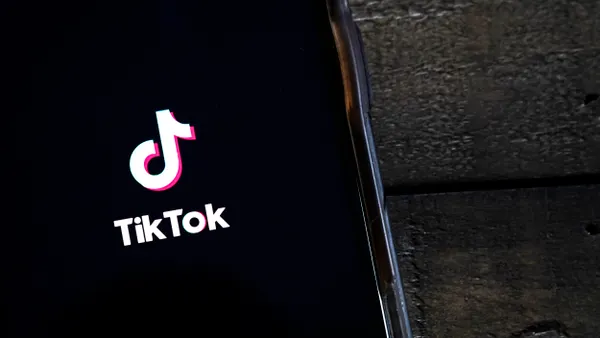Attracting and retaining talent remains a top priority for today’s executives amid macroeconomic headwinds: CFOs, for instance, need to shepherd their businesses through inflation as well as tariff and regulatory changes and technology shifts, all while vying for skilled professionals in a dwindling pool of accounting and finance talent.
One of the key ways to retain — and build — a skilled team is by creating what Vanessa Druskat, an associate professor at the Peter T. Paul College of Business and Economics at the University of New Hampshire, calls a “culture of emotional intelligence.” That means crafting a culture where team members feel supported and valued — which necessitates that CFOs build up their own repertoire of soft skills, she said.
“It's very difficult to do anything these days without a team behind you….by the time you're a CFO, your team will make or break your career,” Druskat said of the importance of such skills in an interview.
Creating a culture of support
As CFOs and other leaders in high-stress leadership roles — such as engineers or doctors — confront today’s complicated environment, taking a second look at the role soft skills or emotional intelligence can play in their teams’ dynamics, and performance, can be crucial.
Over her 22 years at the UNH, Druskat’s research has tackled that arena of “team emotional intelligence,” according to her LinkedIn profile. In her coming book, The Emotionally Intelligent Team: Building Collaborative Groups that Outperform the Rest, which is set to be released next month, she digs further into the concept.
“The more you can build good, strong emotional relationships amongst your team, the more collaborative and innovative they're going to be,” Druskat said.

The importance of soft skills or emotional intelligence has drawn increasing attention in recent years, with leaders navigating ongoing macroeconomic pressures and the impact of new technologies on business. As AI usage becomes more commonplace, for example, 70% of the skills utilized in most jobs are set to shift by 2030, a March study by LinkedIn found.
That’s putting a rising emphasis on soft skills; in examining the competencies of interest to both professionals and employees in 2025, skills such as “conflict mitigation,” “adaptability” and “innovative thinking” dominated the list, according to the networking platform’s study of its userbase (though AI literacy stood strong at the top of the list).
However, for leadership, it’s crucial to think of these competencies in terms of culture, rather than just individual skills; fostering an environment where team members feel supported and valued can play a key role in talent retention and performance.
“You don't have to have geniuses on your team, but what you do need to have is, sort of a set of norms and habits that connect them and enable them to communicate with one another, share information, and build a cohesive and high-performing team,” Druskat said.
Skirting burnout
That culture of openness and clear communication can also ease some of the pressures on leadership. Finance chiefs today are tasked with a rising list of responsibilities, leading to the increased risk of burnout or retirement, CFO Dive previously reported.
However, “CFOs that build…an environment where people know that they're supported and they're valued, they're so much more resilient,” Druskat said. “The burnout is primarily about working and working and working and not feeling like anybody cares or notices.”
Putting soft skills at the forefront can also help to remove some of the communication challenges between employees and management, allowing leaders to zero in on problems earlier. Oftentimes, when it comes to looming challenges, leaders are “the last to know,” Druskat said.
“I once had a group of vice presidents in a room, and I said to them, ‘so do you tell your bosses what's really going on, or do you sugarcoat?’ And they laughed at me,” she said, noting the consensus was, by and large, sugarcoating. Her advice to those executives: “If you want to improve, you've got to build that trust with them.”














